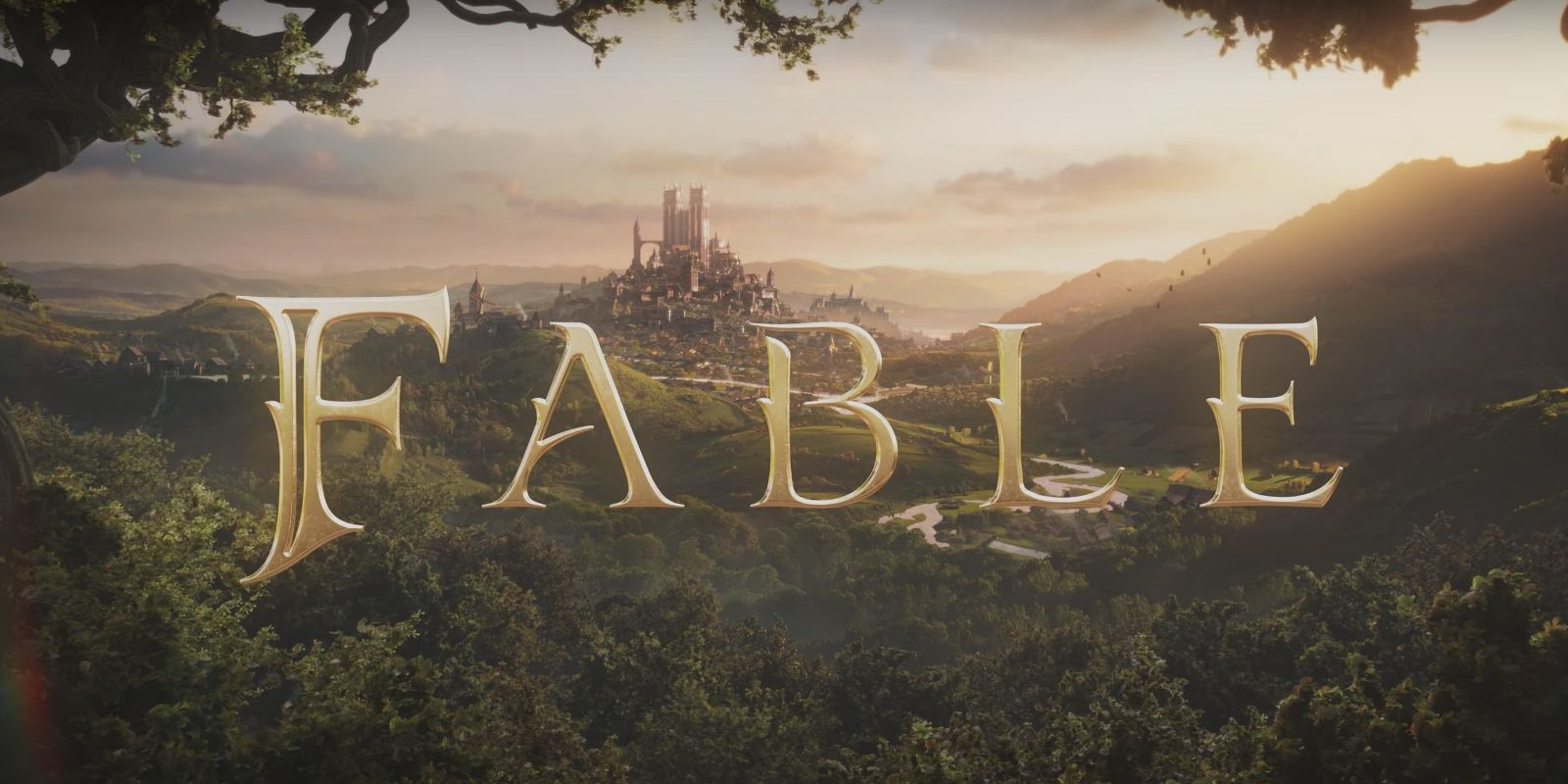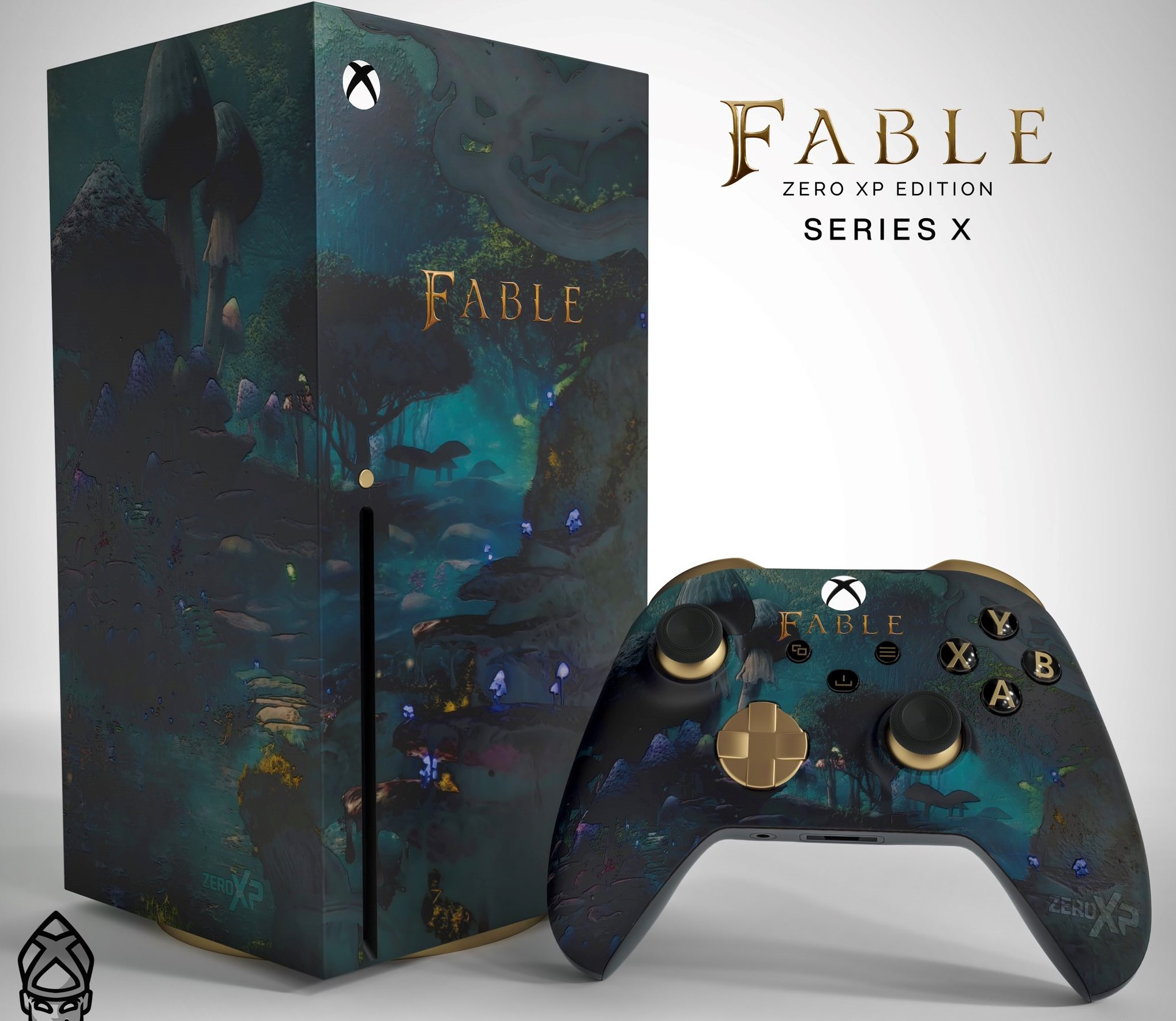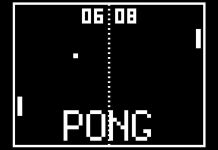Fable is a video game that features the butterfly effect; each choice you make in the game has consequences, and they can change the world of the game forever.
From its original version launched in 2004, it has aged well with the following series: Fable II, Fable III, Fable Heroes, Fable: The Journey, and Fable Fortune, all of which came up with great innovations in visuals and gameplay.
The series has since become RPG staples with features, like real-time combat, good-evil alignment, a character you can personally mold in a world that is responsive to your actions. Read on to learn more about this series.

Background Info
The series takes you to Albion's fictional world, consisting of various independent city-states with large farmland areas and wilderness in between. Fable (2004) is an introduction to a medieval setting.
Fable II takes you to Albion, progressing to an era comparable to the Age of Enlightenment. In Fable III, Albion's nation is recaptured under a monarchy and is experiencing a "Day of Technology" similar to the real-world Industrial Revolution of the 18th-19th centuries.
Fable II
During Fable II's period, 500 years after the first-game events, science, and modern theories have destroyed the old Albion's faith in magic. It's towns have evolved into cities, locals are taking advantage of gunpowder, and there are more opportunities for social, family, and economic life and challenges.
The sequel essentially extends most or all aspects of the gameplay experience from the previous title, without altering the basic playing modes. Albion's continent in Fable II is more extensive, and the remaining maps are more defined and comprehensive.
Unlike Fable, the resolution of fixed quests in Fable II is not the basis of the game. Instead, the story unfolds in time and place from the player's situation. That gives a sense of more interactivity to the game than the series' first title.
Fable III
In Fable III, the setting took place 50 years after that of Fable II. After the last edition, the historical development has advanced: Albion is undergoing an industrial revolution, and culture is similar to that of the early 1800s.
The moral progression (negatively or positively) is at the heart of the gameplay in all versions. It also has a more strategic component, as the game aims to overthrow Albion's oppressive king and protect the continent from foreign attacks.
Gameplay
The Fable series is a role-playing video game that constructs a player-controlled protagonist's development and the story is related to the interaction of the same character with the game environment.
For the Fable series, a large part of this interaction is relative to contact with people in the game, whether through communication, storytelling, schooling, trading, courting, relationships, or war.
The player can create the protagonist according to many criteria, such as magic, strength, and dexterity abilities. The player can also guide the protagonist's moral consistency to build skills in the negative and positive field in equal terms and conditions.
In addition to this gameplay basis, some of the Fable versions concentrate on set major and minor quests, both of which give the player the chance to evolve and reveal backstories and narratives as the player's character progresses.
Start Your Adventure!

Fable II and Fable III contain cooperative games, where two players with their character can join forces in their various tasks. Fable is a series available for Xbox, Microsoft Windows, macOS, Xbox 360, and Xbox One systems.
Conclusion
Fable isn't available for either PS4 or PS5, as the game is only being produced for Xbox Series X and PC. The new Playground Games title will be the franchise reboot, which has long been overdue.













